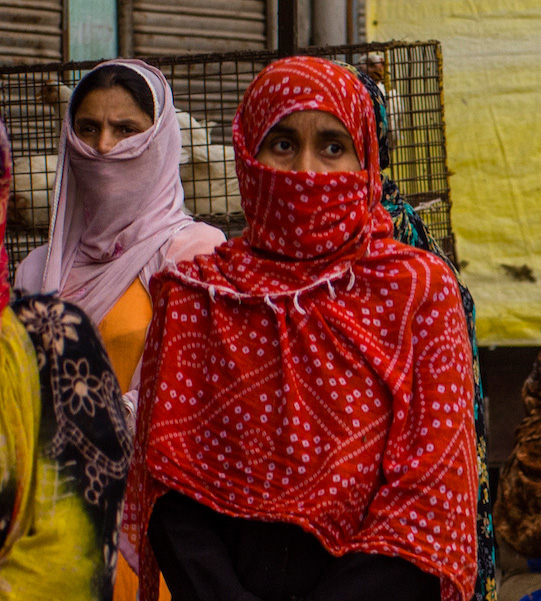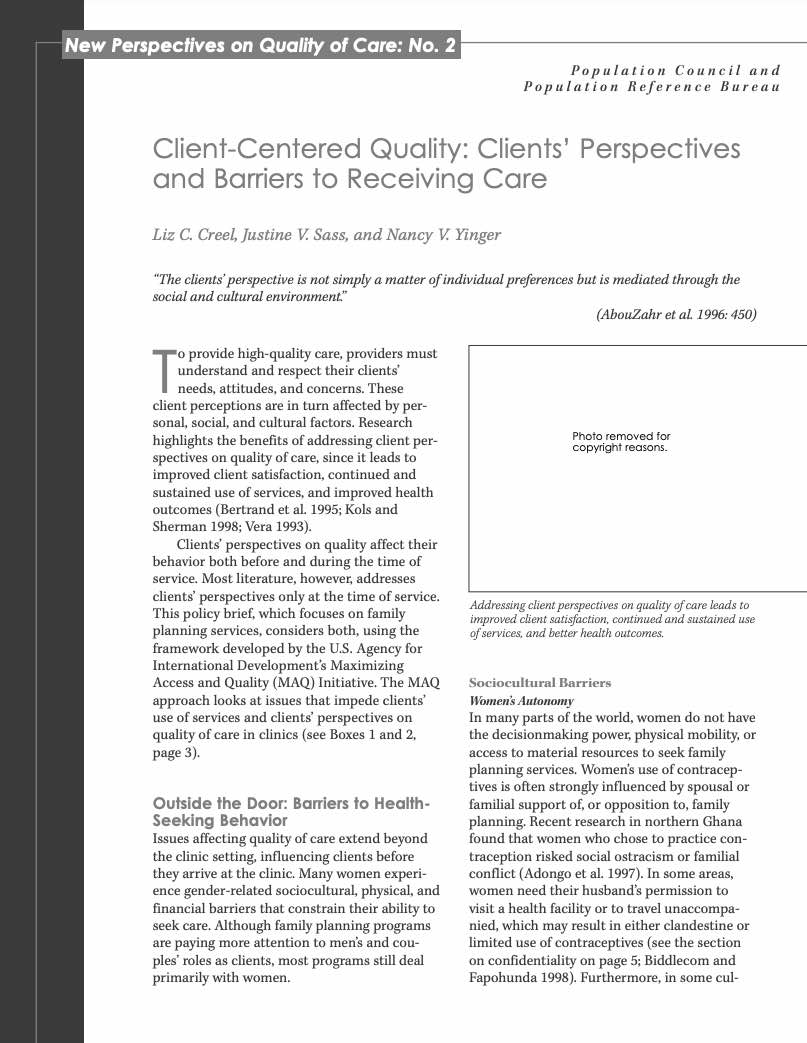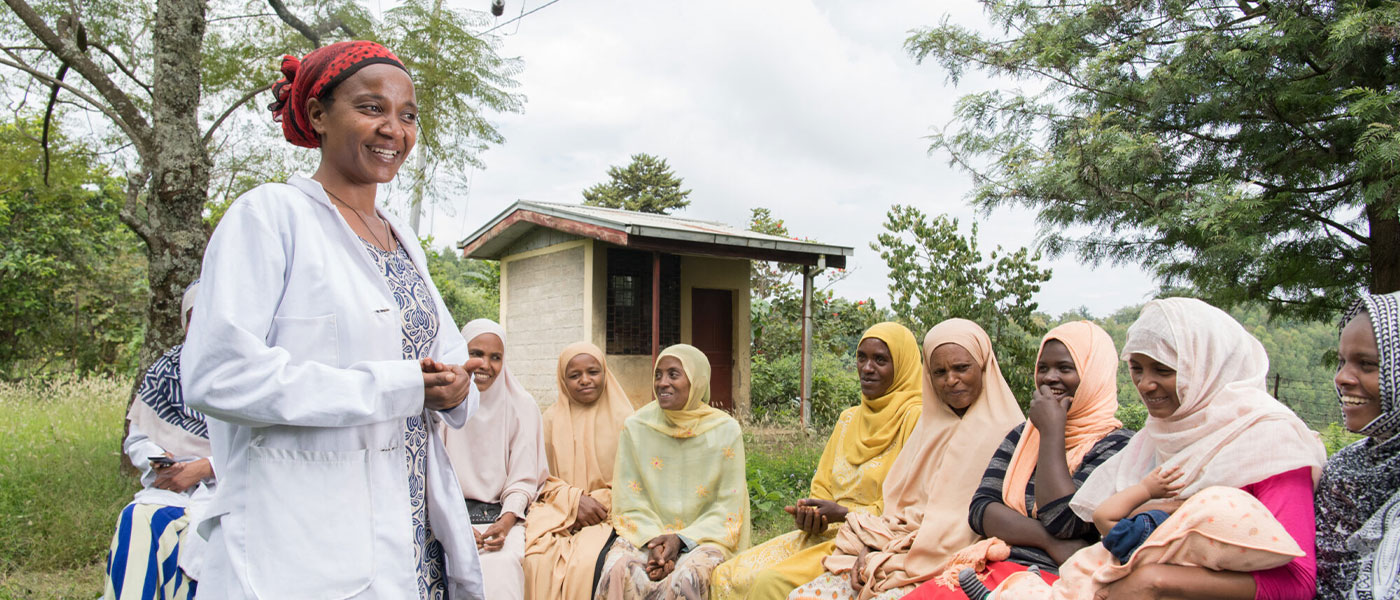396 Search Results Found For : "카지노 룰렛 사이트┵RXl242.tOp‰해외카지노사이트추천┸마이다스호텔카지노㎮토토놀이터▼안전한카지노즐기기㎰필리핀푸잉"
PRB Discuss Online: How Can Family Planning Programs Reduce Poverty? Evidence From Bangladesh
(2010) Family planning is one of the most cost-effective health interventions in the developing world.

Project: PACE: Policy, Advocacy, and Communication Enhanced for Population and Reproductive Health
Family Planning and the Gendered Impacts of Crises on Women: An Effective Tool Across Sectors to Support Women’s Empowerment and Build Resilience to Shocks
Holistic integrated solutions are key to address the interlinkages of the gendered impacts of crises.

Client-Centered Quality: Clients’ Perspectives and Barriers to Receiving Care
To provide high-quality care, providers must understand and respect their clients' needs, attitudes, and concerns. These client perceptions are in turn affected by personal, social, and cultural factors.
Not All Americans Are Smoking Less
(February 2011) The percentage of Americans who smoke tobacco has fallen dramatically over the past 50 years.

Project: PACE: Policy, Advocacy, and Communication Enhanced for Population and Reproductive Health
Lesson Plan: 2020 World Population Data Sheet
(2020) PRB’s World Population Data Sheet is an excellent reference and data analysis tool. Teachers are encouraged to have their students use the Data Sheet for a variety of topics and activities.


